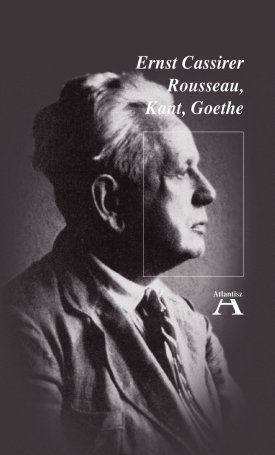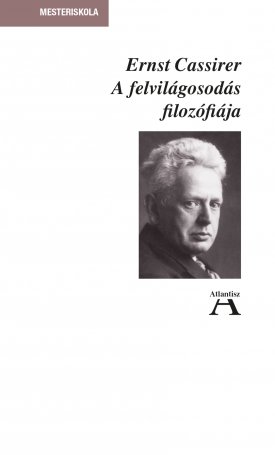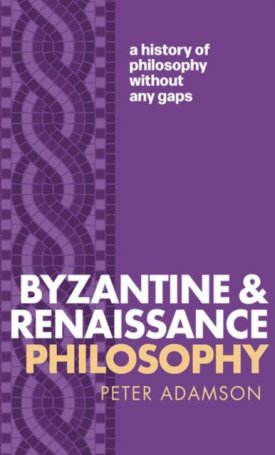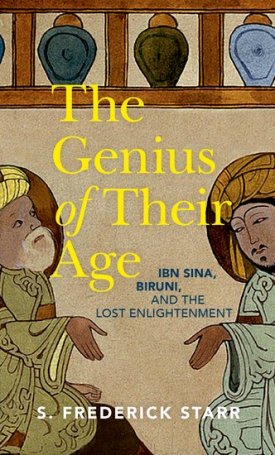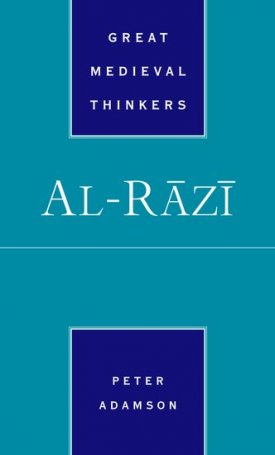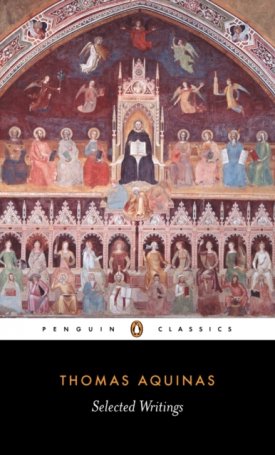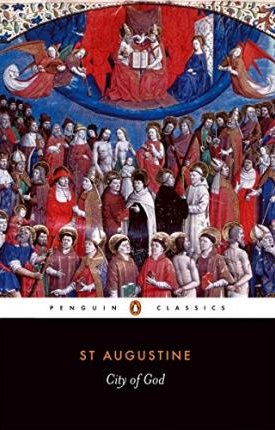Renaissance Philosophy of Man
ISBN: 9780226096049
Méret: 140 * 220
Tömeg: 396 g
Oldalszám: 413
Megjelenés éve: 1956
Renaissance Philosophy of Man
Despite our admiration for Renaissance achievement in the arts and sciences, in literature and classical learning, the rich and diversified philosophical thought of the period remains largely unknown. This volume illuminates three major currents of thought dominant in the earlier Italian Renaissance: classical humanism (Petrarch and Valla), Platonism (Ficino and Pico), and Aristotelianism (Pomponazzi). A short and elegant work of the Spaniard Vives is included to exhibit the diffusion of the ideas of humanism and Platonism outside Italy. Now made easily accessible, these texts recover for the English reader a significant facet of Renaissance learning.
CONTENTS:
General Introduction by Paul Oskar Kristeller and John Herman Randall, Jr.
I. Francesco Petrarca
Translated by Hans Nachod
Introduction by Hans Nachod
A Self-Portrait
The Ascent of Mont Ventoux
On His Own Ignorance and That of Many Others
A Disapproval of an Unreasonable Use of the Discipline of Dialectic
An Averroist Visits Petrarca
A Request To Take Up the Fight against Averroes
II. Lorenzo Valla
Translated by Charles Edward Trinkaus, Jr.
Introduction by Charles Edward Trinkaus, Jr.
Dialogue on Free Will
III. Marsilio Ficino
Translated by Josephine L. Burroughs
Introduction by Josephine L. Burroughs
Five Questions concerning the Mind
IV. Giovanni Pico Della Mirandola
Translated by Elizabeth Livermore Forbes
Introduction by Paul Oskar Kristeller
Oration on the Dignity of Man
V. Pietro Pomponazzi
Translated by William Henry Hay II, revised by John Herman Randall, Jr., and annotated by Paul Oskar Kristeller
Introduction by John Herman Randall, Jr.
On the Immortality of the Soul
VI. Juan Luis Vives
Translated by Nancy Lenkeith
Introduction by Nancy Lenkeith
A Fable about Man
Selective Bibliography
Index
AUTHOR:
Ernst Cassirer (1874–1945)was a philosopher and historian of philosophy. He taught at Friedrich Wilhelm University and the University of Hamburg, where he was Leo Strauss’s dissertation advisor, before fleeing Nazi Germany in 1933. In exile, he lectured at Oxford, Sweden’s Gothenburg University, Yale, and Columbia. His better-known works include the three-volume Philosophy of Symbolic Forms and The Myth of the State.
Szerkesztő: Cassirer, Ernst, Kristeller, Paul Oskar, Randall, John Herman Jr.
Kategória: Filozófia / középkor, Filozófia / újkor







